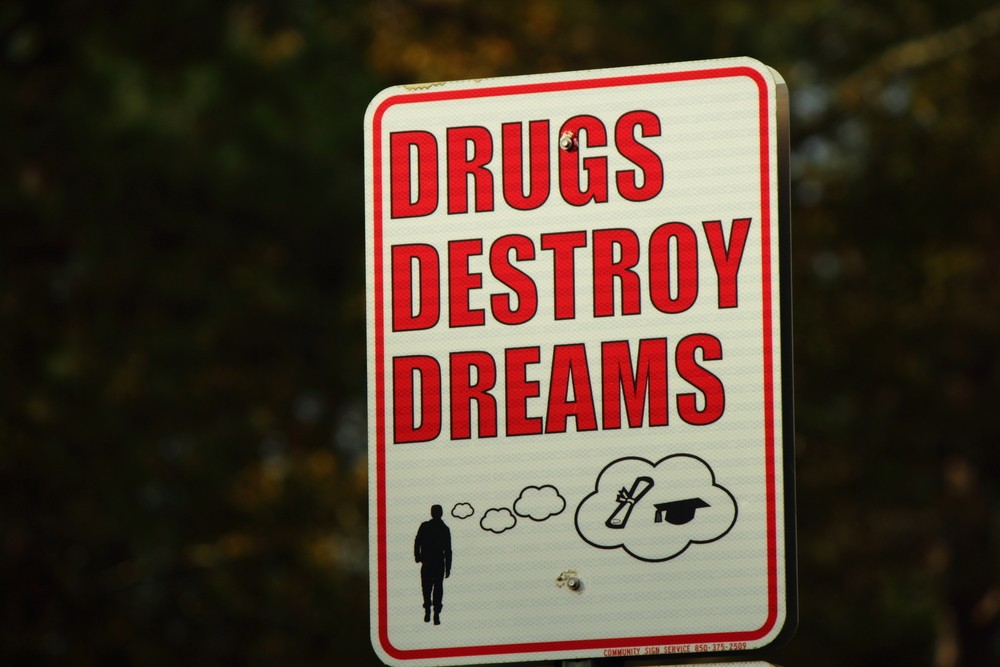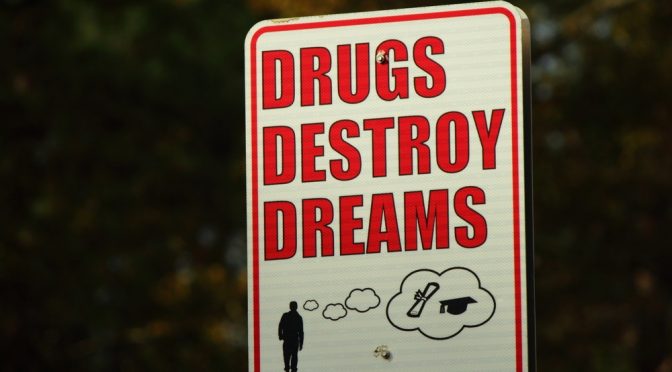COALITION OF PARENTS, LAW ENFORCEMENT, RELIGIOUS LEADERS, AND EMPLOYERS TESTIFY AGAINST MARIJUANA LEGALIZATION AT LEGISLATIVE BLACK CAUCUS HEARING
At a hearing of the New Jersey Legislative Black Caucus, coalition members of New Jersey Responsible Approaches to Marijuana Policy (NJ-RAMP) expressed their opposition to the legalization and commercialization of recreational marijuana in New Jersey.
Parents, law enforcement professionals, religious leaders, employers, and addiction professionals offered testimony, insights and expertise on a multitude of issues including health concerns, increase in youth use, drugged driving, and arrest rates among minorities.
According to news reports, a number of legislators would rather see decriminalization than legalization in New Jersey. The Black Caucus prefers decriminalization as more helpful to minorities.

Senator Rice, mother highlight problems with marijuana
“Look at Colorado and the other states,” Senator Ron Rice said, “It’s a fact now that with all of these little stores running around, people are taking gummies and cupcakes, and all this little stuff like sex oils and stuff, and they’re laying all this stuff around, and the kids are getting hold of it, taking it to schools. Babies are getting sick. There are more young people now going to emergency rooms for marijuana-type of illnesses than there were before legalization.”
See Prominent Democrat Introduces Decriminalization Bill for the rest of Ron Rice’s remarks.
Kristina Ziobro, a parent who tragically lost her son from a heart arrhythmia induced by cannabis with 28% THC, spoke out against the dangers of recreational marijuana:
“I am compelled to raise awareness of the considerable risks and implications of smoking marijuana because I don’t believe the public is aware of these dangers. And I feel in my heart of hearts, if Michael knew the full implications of smoking marijuana with high levels of THC, he would be alive today.
Sabet: Regardless of good intentions, legalization is bad policy.
Kevin Sabet, former drug policy adviser to President Obama and founder of Smart Approaches to Marijuana (SAM) and its New Jersey affiliate, NJ-RAMP, summarized numerous studies from academic journals that indicate the dangers of marijuana use:
“Regardless of good intentions, legalization is bad policy. It will increase marijuana use (including among children), make New Jersey roads more dangerous, reduce businesses’ productivity, and target communities of color. It will also not help New Jersey’s budget due to the costs of implementing the program and dealing with its consequences. And, ironically, it will not reduce black marketeering or criminal activity surrounding the drug.”
Nevada law enforcement official cite social costs and increase in crime
Todd Raybuck, a police captain in Las Vegas, Nevada, discussed the increase in crime and strengthening of the black market since recreational marijuana was legalized:
“The lure of increased tax revenue and claims of a regulated system that will eliminate the criminal element and repair historical harms to the minority community is intoxicating. Yet, as we are learning in Nevada, the financial gains from the marijuana industry do not adequately support the resources needed to control the effects of marijuana legalization. And, the promises of a regulated industry that will weed-out the illegal marijuana market and improve social conditions in disadvantaged neighborhoods are contrary to the reality.
The Las Vegas Metropolitan Police Department is already seeing a negative impact on crime and the black market. In 2017, homicides related to an altercation over drugs increased 21% compared to 2016. Marijuana was the cause of the altercation in 53% of those homicides. In 2017, 58% of all drug related murders (24) involved marijuana.”
Legalizing doesn’t improve social justice issues
Will Jones, Communications Specialist for Smart Approaches to Marijuana, and a resident of Washington, DC, spoke about the false promise of social justice reform and pointed to statistics that show minority arrests related to marijuana are up in legalized states. In the two years after Colorado legalized marijuana, the number of Hispanic and Black kids arrested for marijuana-related offenses rose 29 and 58 percent, respectively. In the same period, the arrest rate for White kids committing pot offenses dropped eight percent.
“To continue to legalize and commercialize marijuana is to continue an addictive industry to profit off minorities and the marginalized. It’s time for us to wake up and realize that legalizing marijuana only reinforces the pillars of racial inequality in our country,” Jones said.
Workplace, driving and other concerns
Ron Importico, a New Jersey employer, cited workplace issues as his major area of concern:
“I have great concerns about how I will protect my companies interest should recreational marijuana become legal in NJ, it has taken me over 33 years to build an impressive fortune 500 customer base. With more people using marijuana as we can expect from the finding in Colorado and Washington, I would have to recruit personnel outside of New Jersey to meet the testing requirements so we may continue to work on their sites.”
David Evans, a former New Jersey public defender and head of the state’s DUI program, cited impairment issues: “Marijuana impairs your brain and hurts your ability to drive safely. It has contributed to car crashes, suicide, and a host of other negative issues.”
Luke Niforatos, Chief of Staff for Smart Approaches to Marijuana, and a 20-year resident of Colorado, talked about the impact of quality-of-life and tourism:
“As a Coloradan, I can tell you the toll of legalized marijuana has been intense. Clouds of marijuana smoke cover the city of Denver and a state once known as destination for health and fitness has become known for drug use. The multi-billion-dollar marijuana industry places billboards, posters, stickers, and ads on every form of media across the state. I urge you to consider the consequences of this environment when you think about the future of your state.”
The RAMP coalition in New Jersey
NJ-RAMP came together as a coalition of individuals and associations who believe in health and safety. The economic consequences of recreational marijuana legalization far outweigh the perceived social benefits. Medical doctors, community groups, treatment providers, drug prevention professionals, business owners, law enforcement officers, parents, religious leaders form RAMP. Visit their excellent website NJ-Ramp.org.
###

